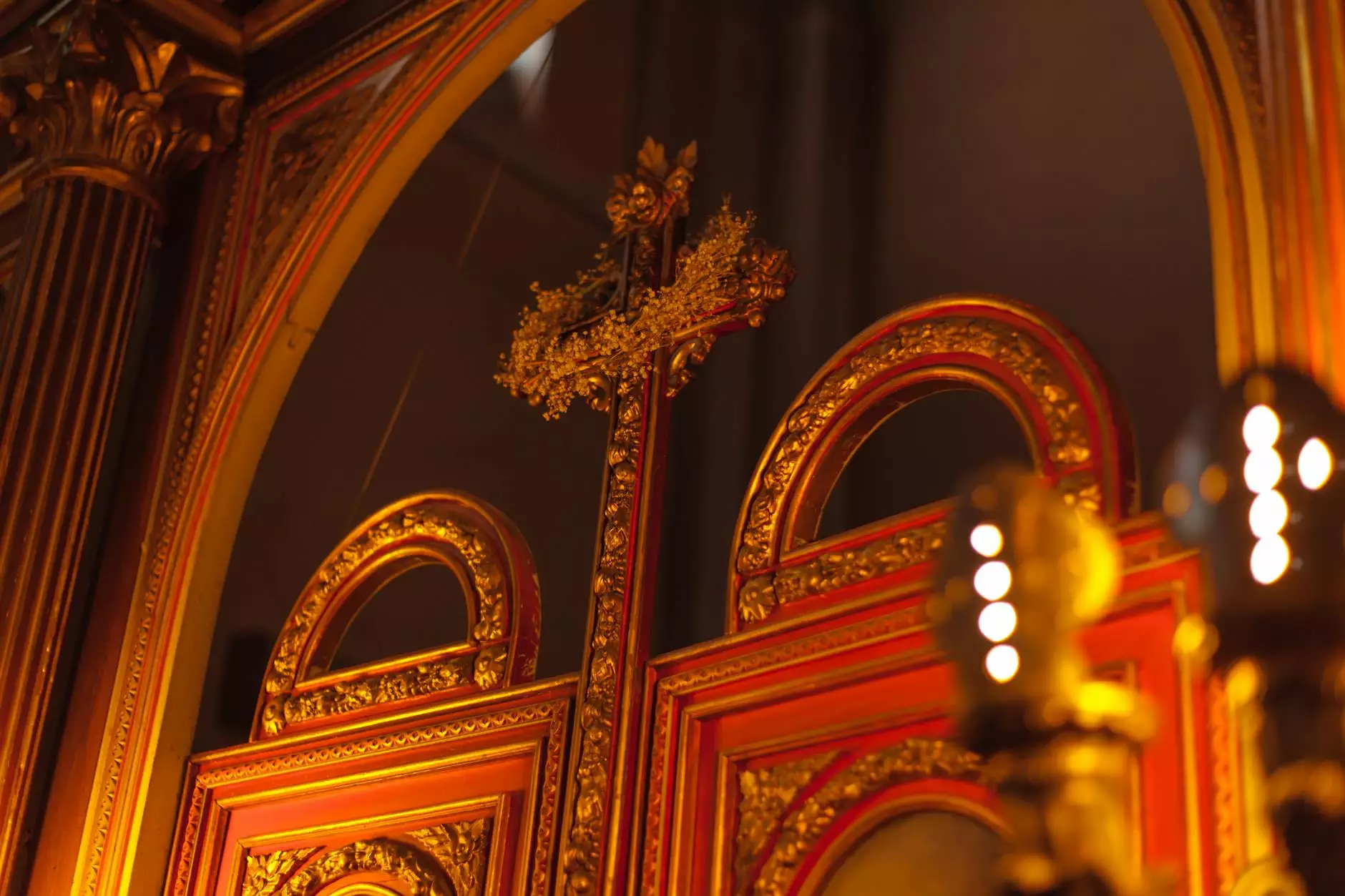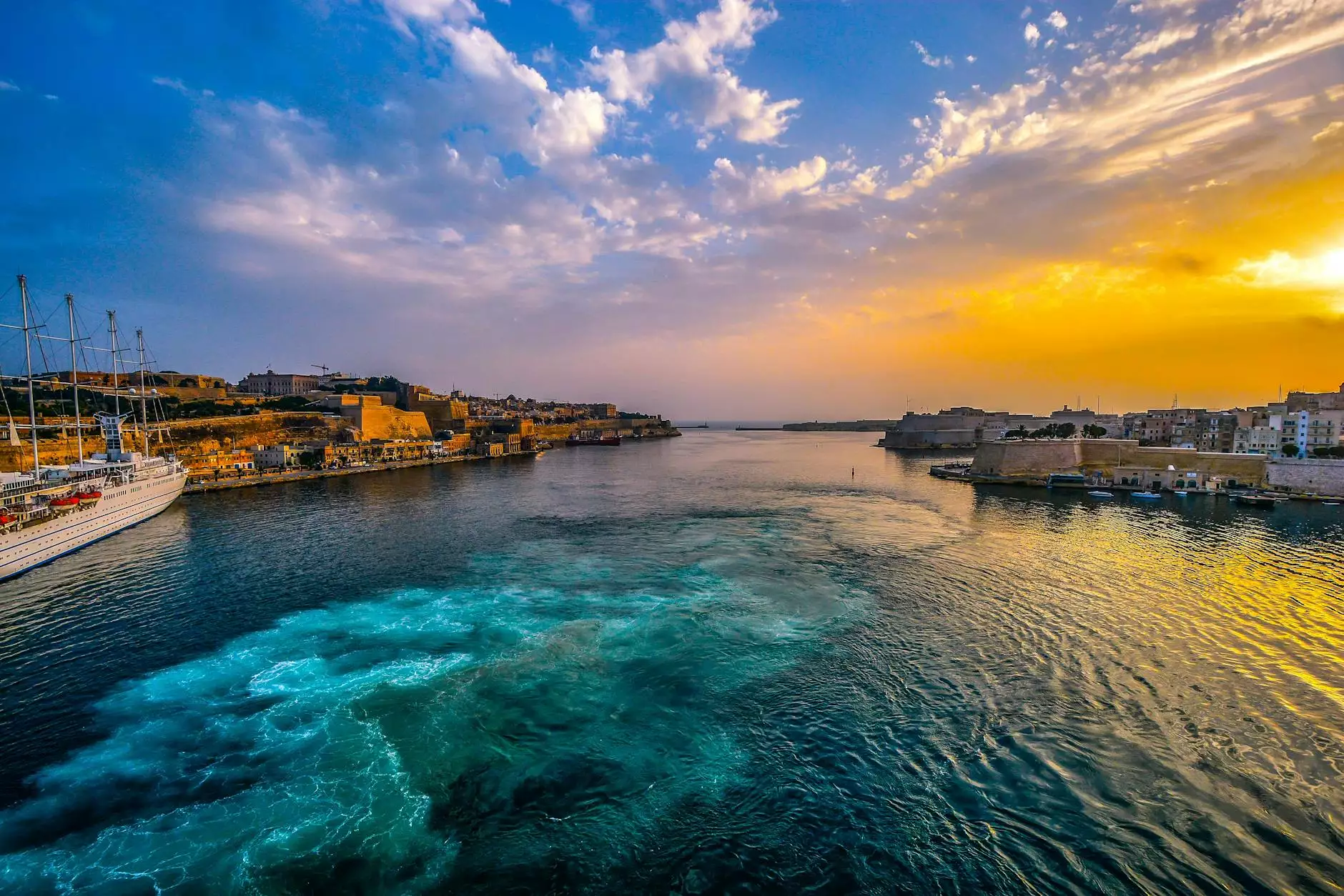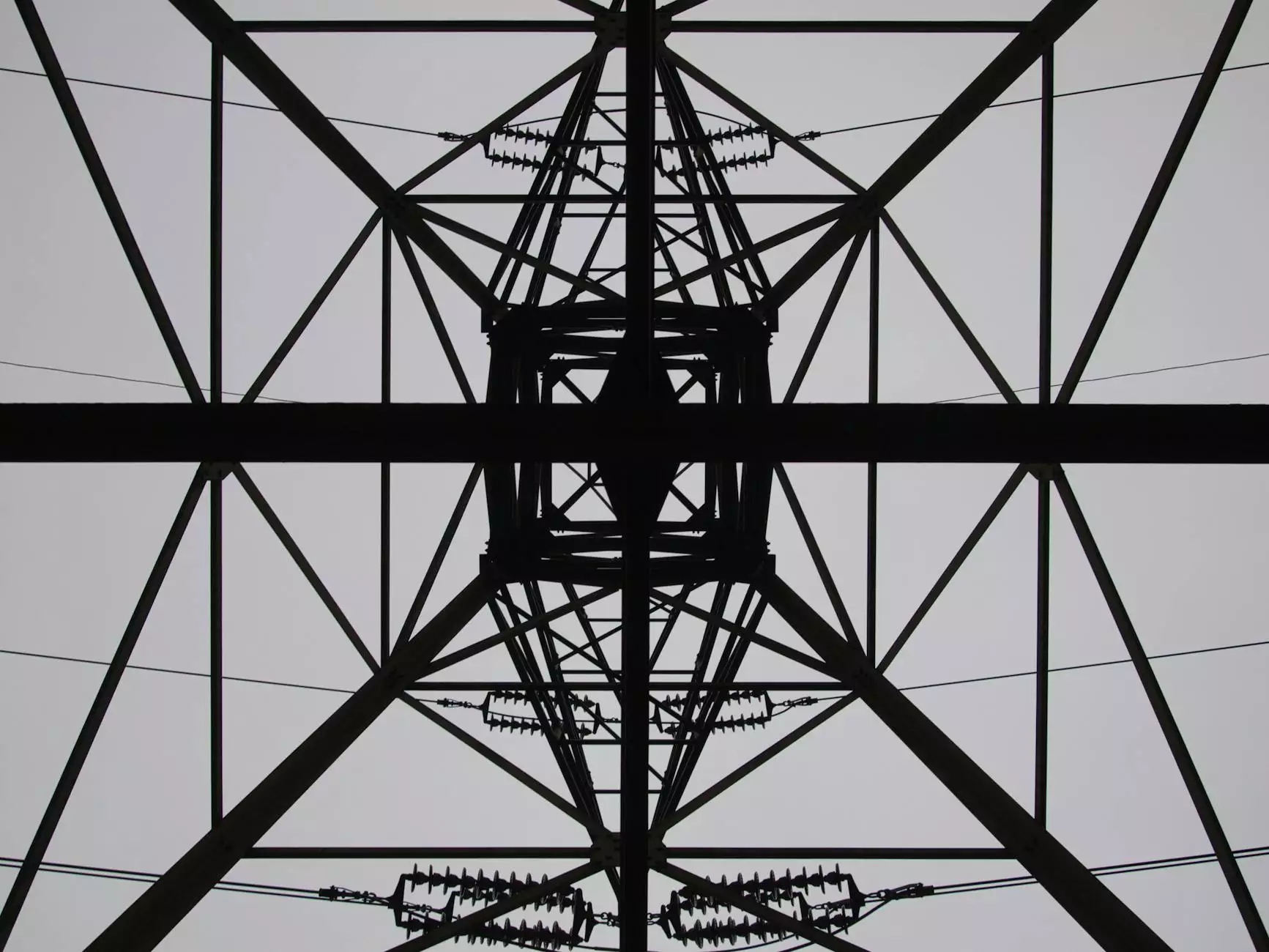The Legacy of Emperor Bao Dai: A Guide for Travelers and Historians

Introduction to Emperor Bao Dai
Emperor Bao Dai (Bảo Đại), known as "The Last Emperor" of Vietnam, holds an essential place in both Vietnamese history and the attraction of Vietnam as a travel destination. His reign during the tumultuous periods of the early 20th century marked significant social, cultural, and political changes in Vietnam. Understanding the life and legacy of this fascinating figure can enrich the experience of travelers exploring Vietnam, particularly those interested in its historical sites and cultural heritage.
The Historical Context of Bao Dai’s Reign
To fully appreciate Emperor Bao Dai, one must look at the historical context of his reign. Bao Dai was born on October 22, 1913, into the Nguyen dynasty, the last ruling dynasty of Vietnam, which had been in power since 1802. He ascended the throne during a period characterized by Western colonialism and the encroachment of modernization. His rule began in 1926 and, despite being an emperor, he often functioned more as a puppet leader under French colonial authority.
The era was marked by:
- Colonialism: The French colonial government had significant control over Vietnam's administrative functions and economy.
- Modernization: There were efforts to modernize Vietnam’s infrastructure, but many were imposed without regard for Vietnamese traditions.
- Nationalism: Growing movements aimed at independence began to surface, leading to increased tensions across the nation.
Key Events During Bao Dai’s Reign
Numerous key events shaped his reign:
1. The Rise of Nationalism
As nationalist sentiments grew among the Vietnamese people, Bao Dai struggled to assert his authority. The Vietnamese Nationalist Party and other revolutionary movements often undermined his position, seeking to reclaim Vietnam's sovereignty.
2. The Japanese Occupation
During World War II, the Japanese occupied Vietnam, which led to a change in governance as Japanese forces displaced the French. This was significant, as Bao Dai briefly had more autonomy, yet he remained largely powerless as the figurehead of a weak regime.
3. Independence and Abdication
Following Japan's surrender in 1945, Bao Dai declared an independent state; however, within a short period, the Viet Minh, led by Ho Chi Minh, gained power. In August 1945, amid the turmoil, he abdicated the throne, marking the end of the monarchy in Vietnam.
Exploring the Legacy of Emperor Bao Dai
Despite the challenges he faced, Bao Dai's legacy is reflected in various aspects of Vietnamese culture and identity:
1. Cultural Influences
Bao Dai's era saw the continuation of traditional Vietnamese culture despite foreign influences. Art, fashion, and literature during his time retained a unique Vietnamese essence, blending new ideas with longstanding customs.
2. Architectural Heritage
The reign of Emperor Bao Dai also left a significant architectural footprint. Many historical sites, such as the Imperial City of Hue, still attract tourists and historians alike, serving as reminders of Vietnam's royal past.
3. Modern Political Context
The changes that occurred during Bao Dai's reign laid the groundwork for Vietnam's modern political landscape. His experiences as a monarch during colonial rule contribute to the ongoing discussions about governance and national identity in contemporary Vietnam.
Traveling in the Footsteps of Emperor Bao Dai
For those interested in exploring the legacy of Emperor Bao Dai, Vietnam offers many avenues to experience its rich history. Here are some notable locations:
1. The Imperial City of Hue
As the capital of the Nguyen dynasty, the Imperial City of Hue showcases many structures built during Bao Dai's reign. Visitors can explore the Forbidden Purple City, royal tombs, and temples dedicated to past emperors.
2. Bao Dai’s Summer Palace
Located in Da Lat, Bao Dai's Summer Palace provides insight into the emperor's personal life. The architecture and decor reflect both French colonial influences and traditional Vietnamese styles, making it a unique site to visit.
3. Historical Museums
Museums throughout Vietnam, such as the Vietnam National Museum of History in Hanoi, feature exhibits dedicated to the Nguyen dynasty and Emperor Bao Dai. These museums offer rich resources for understanding the cultural and historical significance of his reign.
Conclusion: The Enduring Influence of Emperor Bao Dai
The legacies of Emperor Bao Dai resonate throughout Vietnam today. His life story not only encapsulates a pivotal moment in Vietnamese history but also serves as a lens through which we can understand the evolution of Vietnamese identity and culture in the face of colonial and modern challenges. By delving into the history surrounding Bao Dai, travelers and historians can appreciate the intricate tapestry of Vietnam's past, making their journey all the more enriching.
Visit AsiaTourAdvisor for more information on tours and travel services that enable you to experience the profound legacy of Emperor Bao Dai and the rich history of Vietnam.









